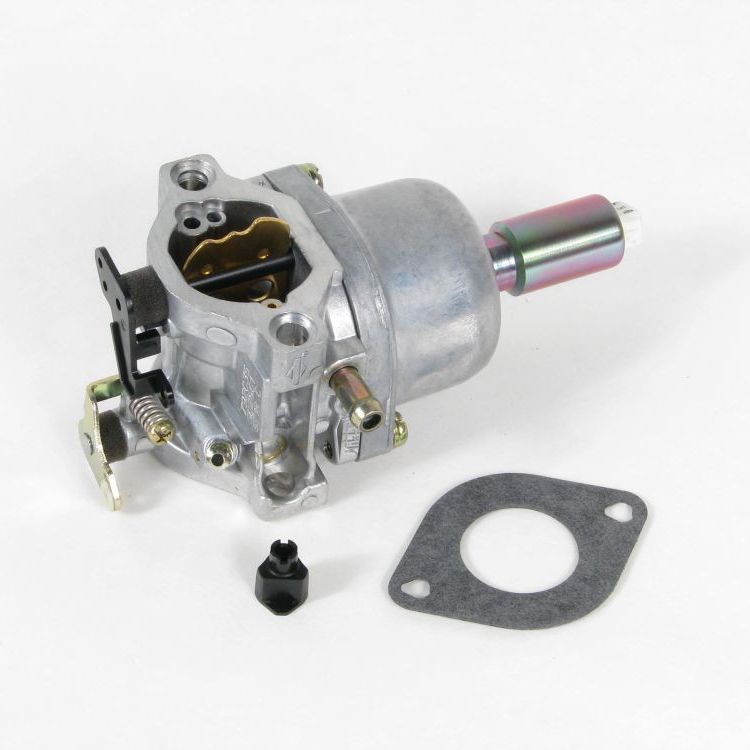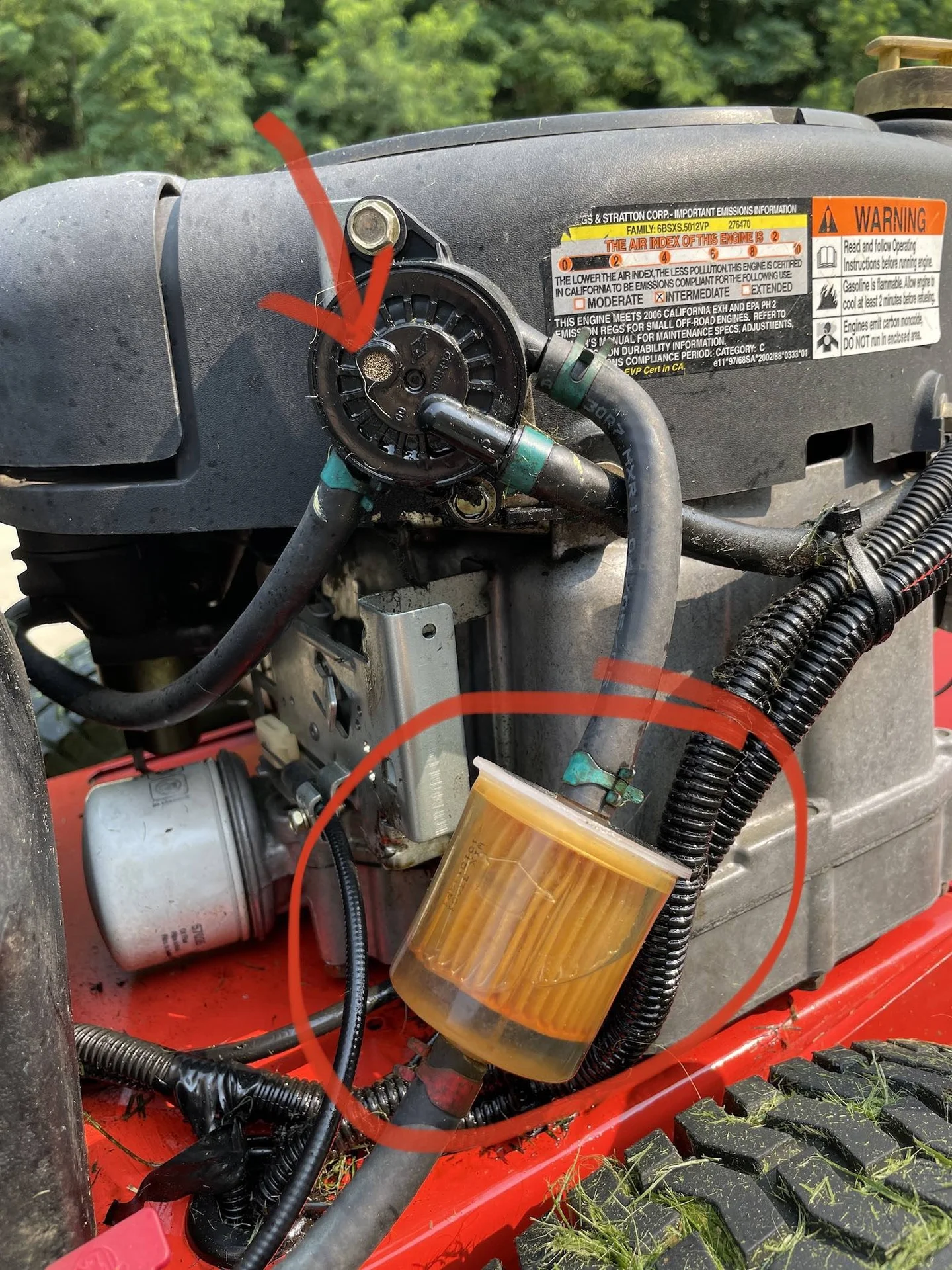
In the realm of lawn care, the humble lawn mower stands as a silent warrior, tirelessly battling overgrown grass and maintaining pristine yards. However, even these stalwart machines are not immune to mechanical woes, and one common issue that can plague lawn mowers is oil leaks.
While oil leaks may seem like a minor inconvenience, they can have serious consequences if left unchecked. Oil is the lifeblood of your lawn mower’s engine, providing lubrication and cooling to keep it running smoothly. A leak can rob your engine of this vital fluid, leading to premature wear, reduced performance, and even costly repairs.
But fear not, fellow lawn care enthusiasts! This comprehensive guide will equip you with the knowledge and tools to tackle those pesky oil leaks, ensuring your lawn mower remains a reliable ally in your quest for a picture-perfect lawn.
Understanding the Role of Oil in Lawn Mowers
Before delving into the world of oil leaks, it’s crucial to understand the vital role oil plays in your lawn mower’s engine. As the engine’s internal components whiz and whir, oil acts as a protective barrier, reducing friction and preventing metal-on-metal contact.
Imagine your engine as a bustling city, with countless tiny parts moving in intricate harmony. Oil serves as the city’s transportation system, ensuring that each component receives the lubrication it needs to function smoothly. Without oil, this bustling city would grind to a halt, much like your lawn mower’s engine would without proper lubrication.
Common Causes of Lawn Mower Oil Leaks
Now, let’s explore the potential culprits behind those pesky oil leaks. While oil leaks can occur in various locations, there are a few common areas to keep an eye on.
-
Dipstick: This handy tool, used to check oil levels, can sometimes become loose or damaged, allowing oil to escape.
-
Oil Filler Cap: This cap seals the oil filler hole, preventing oil from spilling out. If the cap is cracked, loose, or missing, you’ve found your leak source.
-
Gaskets: These thin seals lie between various engine components, preventing oil from leaking out. Over time, gaskets can wear out or become damaged, leading to leaks.
-
Seals: Similar to gaskets, seals create a tight barrier between components. Like gaskets, they can wear out or become damaged, causing leaks.
Identifying Oil Leaks: Visual Clues and Smoke Signals
Detecting an oil leak early is crucial to prevent further damage and costly repairs. Here are some telltale signs to watch for:
-
Visual Inspection: Keep an eye out for visible oil stains on your lawn mower’s body, especially around the areas mentioned earlier.
-
Smoke Signals: Run your lawn mower for a few minutes and observe the exhaust. If you notice a bluish or white smoke plume, it could indicate an oil leak burning off.
Remember, regular inspections are your best defense against oil leaks. Make it a habit to check your mower for signs of leaks after each use.
Troubleshooting and Fixing Oil Leaks: A Step-by-Step Guide
Once you’ve identified the source of the leak, it’s time to take action. Here’s a general guide to fixing common oil leaks:
-
Tightening Loose Fittings: If the leak is coming from a loose fitting, such as the dipstick or oil filler cap, simply tighten it securely using a wrench or screwdriver.
-
Replacing Worn Gaskets: For leaks involving gaskets, you’ll need to replace the damaged gasket. This may require some disassembly of the engine, so consult your lawn mower’s manual for specific instructions.
-
Using Sealants: For leaks around seals, you can use a sealant to fill in any gaps and create a tight seal. Apply the sealant according to the product’s instructions.

Professional Assistance: When to Seek Help
While some oil leaks can be tackled by DIY enthusiasts, others may require professional assistance. If you’re dealing with a complex leak, involving major engine components, or lack the mechanical expertise, it’s best to consult a qualified lawn mower technician.
A reputable technician can accurately diagnose the problem, perform the necessary repairs, and ensure your lawn mower is back in top condition.
Preventive Maintenance: Preventing Oil Leaks in the First Place
An ounce of prevention is worth a pound of cure. Regular maintenance can go a long way in preventing oil leaks from occurring in the first place.
-
Check Oil Levels Regularly: Use the dipstick to check your oil level before each use and add oil if necessary.
-
Inspect Gaskets and Seals: During regular maintenance, inspect gaskets and seals for signs of wear or damage. Replace them as needed.
-
Clean Your Mower Regularly: Keep your lawn mower clean to prevent dirt, debris, and moisture from accumulating around seals and gaskets, potentially causing leaks.

Environmental Impact of Oil Leaks: Protecting Our Planet
Beyond the impact on your lawn mower, oil leaks can have a detrimental effect on the environment. Leaked oil can seep into the soil and contaminate groundwater, harming plant life and wildlife.
-
Proper Oil Disposal: Always dispose of used oil responsibly. Never pour it down the drain or onto the ground. Many local recycling centers accept used oil.
-
Environmentally Friendly Practices: Consider using environmentally friendly lawn care practices, such as composting grass clippings and using natural fertilizers. These practices can help reduce your lawn mower’s reliance on oil and minimize the potential environmental impact of leaks.
Conclusion: Maintaining a Healthy Lawn Mower
By understanding the role of oil, identifying leaks, addressing them promptly, and implementing a regular maintenance routine, you can ensure your lawn mower operates smoothly and reliably for years to come. A well-maintained lawn mower not only delivers a superior mowing experience but also protects your investment and contributes to a healthy environment.
So, the next time you encounter an oil leak, don’t despair. With the knowledge and tools provided in this guide, you can tackle the problem head-on, ensuring your lawn mower continues to be a valuable partner in your quest for a perfect lawn.

Additional Resources:
This guide provides a general overview of lawn mower oil leaks. For more specific information, consider consulting the following resources:
-
Lawn mower repair manuals and online guides: Consult your lawn mower’s manual for specific instructions on troubleshooting leaks for your model. Many websites offer detailed repair guides and tutorials.
-
Videos and tutorials on troubleshooting and fixing oil leaks: Visual learners may find videos and tutorials particularly helpful. These resources can provide step-by-step guidance on fixing common oil leaks.
-
Information on proper oil disposal and environmentally friendly lawn care practices: Learn more about responsible oil disposal and discover environmentally friendly lawn care practices to reduce your impact on the environment.
With a little knowledge, proactive maintenance, and a willingness to take action, you can overcome the challenge of oil leaks and ensure your lawn mower remains a dependable ally in your journey towards a lush and vibrant lawn.
-